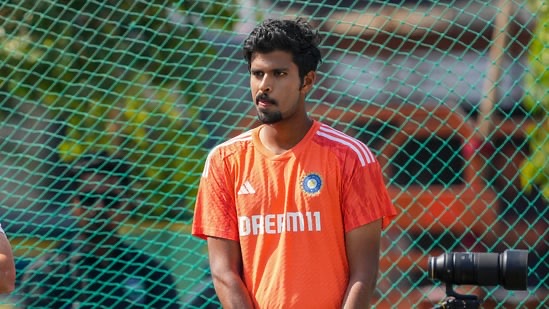In a significant clarification ahead of the second Test against New Zealand, India’s assistant coach Ryan ten Doeschate has revealed that Washington Sundar’s inclusion in the Test squad is part of a well-thought-out strategy rather than a knee-jerk reaction to the Bengaluru defeat.
Sundar, who last played Test cricket four years ago, has been brought into the squad specifically to counter New Zealand’s left-handed batsmen with his ability to turn the ball away from them. “It’s certainly not a desperate measure,” ten Doeschate emphasized during the pre-match press conference in Pune. “We’ve got a lot of faith in the spinners that we have, and we just want to make sure we’re absolutely prepared for the conditions.”
The 24-year-old all-rounder’s selection comes on the heels of impressive domestic performances, including a recent 152-run innings and a six-wicket haul on a batting-friendly Delhi pitch. His return to the Test arena marks a significant milestone in his comeback journey, following his memorable debut at the Gabba in 2021 where he scored a crucial fifty against Australia.
Since his debut, Sundar has played only four Tests, accumulating 265 runs with three fifties and claiming six wickets. Despite being earmarked as a potential successor to Ravichandran Ashwin in the spin-bowling all-rounder role, injuries had previously limited his opportunities in the longest format.
“We’ve had Washy around the white-ball squad for a while and like the way he operates,” ten Doeschate added, highlighting the team management’s confidence in Sundar’s abilities. The assistant coach also emphasized that this selection sends a positive message about the importance of Ranji Trophy performances in the selection process.
As India prepares for the crucial second Test in Pune starting Thursday, all eyes will be on Sundar to see if this tactical inclusion pays dividends against the visiting New Zealand team. The series currently stands at 1-0 in favor of New Zealand following their victory in the opening Test in Bengaluru.
This selection underscores India’s strategic approach to team composition, focusing on specific match-ups and conditions rather than mere replacement of players. It also highlights the team management’s commitment to rewarding consistent domestic performances, potentially setting a precedent for future selection decisions.



